Jackson, Mississippi: an education in the blues and heartache
A down-home journey to the hardscrabble home of the Mississippi blues
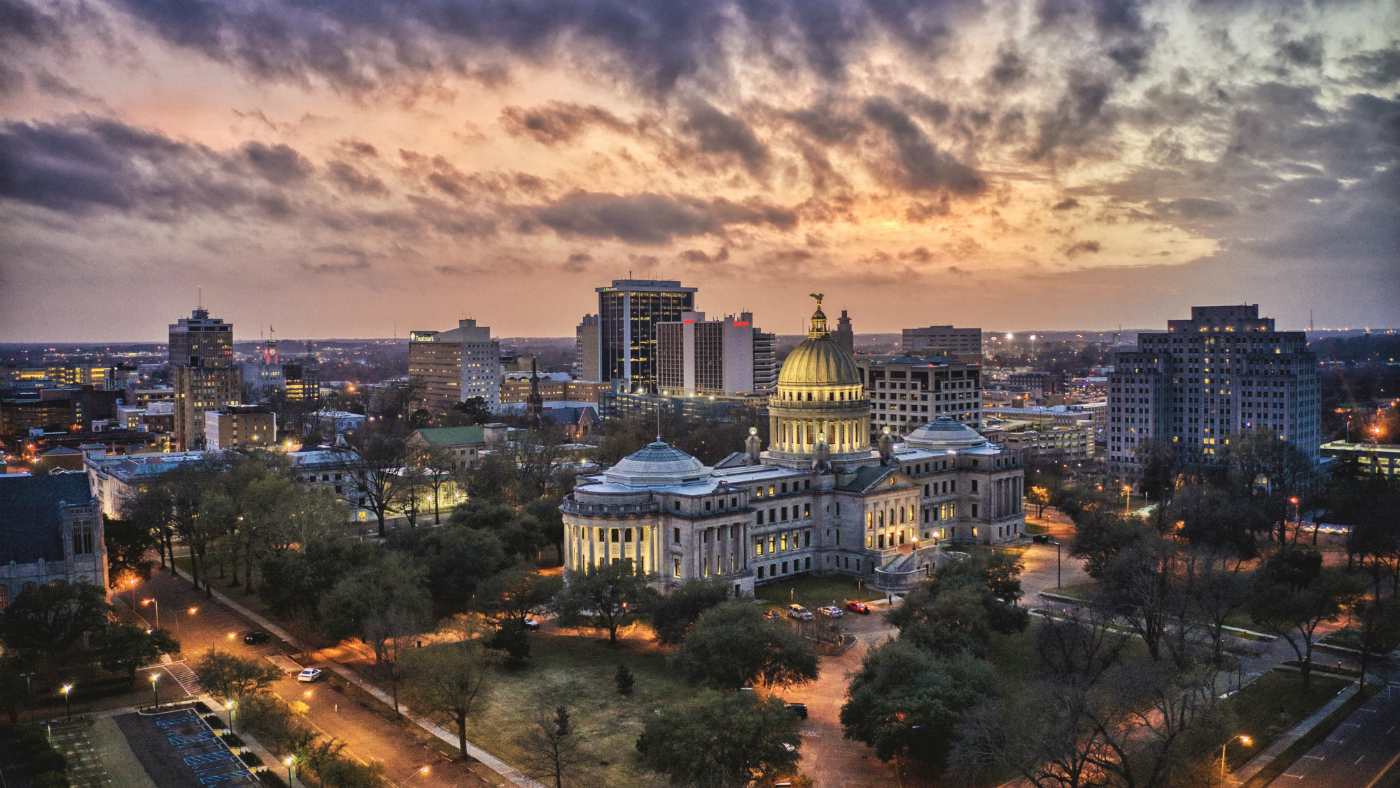
A free daily email with the biggest news stories of the day – and the best features from TheWeek.com
You are now subscribed
Your newsletter sign-up was successful
I was expecting Jackson to be livelier.
Pulling into town on a sticky Thursday afternoon, there’s barely a soul in sight. Outside dozens of attorney’s offices, Mississippi state flags clatter against their poles, the Confederate quarter of it still looming large. On every street corner there’s a church: Baptist, Episcopal, Methodist, Presbyterian, Non-denominational, the list goes on. On the front lawn of the Capitol building, a team of six (the most people I’ve seen all day) are erecting a Big Top ahead of National Prayer Day.
And you don’t realise how much life graffiti or street art (if you’re that way inclined) breathes into a city until there isn’t any. My guide, Kim, proudly points out a solitary mural – a polite ‘Welcome to Jackson’ – a response to The Greater Jackson Art Council’s ‘call for art’. It only really adds to the unsettling sense of civic ennui.
The Week
Escape your echo chamber. Get the facts behind the news, plus analysis from multiple perspectives.

Sign up for The Week's Free Newsletters
From our morning news briefing to a weekly Good News Newsletter, get the best of The Week delivered directly to your inbox.
From our morning news briefing to a weekly Good News Newsletter, get the best of The Week delivered directly to your inbox.
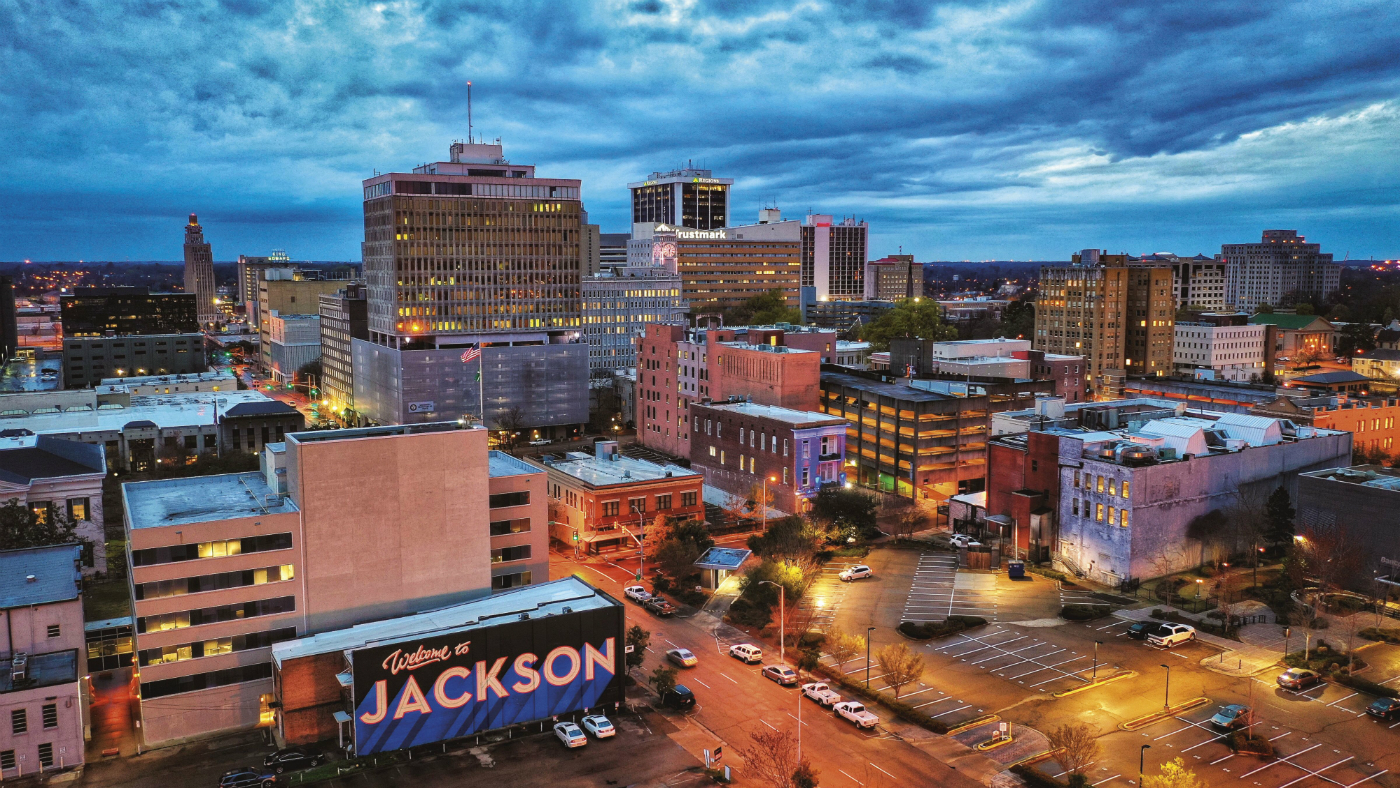
Kim is from San Diego but has lived in Jackson for the last ten years, and works passionately for the tourism board of her adopted city. She seems genuinely thrilled to be guiding me round the Jackson leg of the Mississippi Blues Trail.
I’ve always liked to think of myself as a man of the blues. I know my Lead Bellys from my Chuck Berrys, my B.Bs from my Alberts, but I’ve barely been in Kim’s car two minutes and I realise I’m out of my depth. She’s playing who I now know to be R.L. Burnside – a local legend who died penniless and found posthumous fame – while waxing lyrical about a bunch of other seminal blues players I’ve never heard of.
Don’t worry, she tells me. This’ll be an education.
The first stop on our tour is Malaco Records, the first state-of-the-art recording studio in Mississippi. Founder and chief engineer-cum-producer Gerald ‘Wolf’ Stephenson – silky white hair, cowboy boots, blazer and aviators shades – gladly shows us into the studio and proceeds to talk us through the highs (Jean Knight’s Mr Big Stuff; King Floyd’s Groove Me) and lows (the studio being levelled by a tornado) of the company’s last 50 years. Apparently he had a knack for picking up struggling artists who’d been dropped by major labels. It’s fair to say my Shazam takes a licking.
A free daily email with the biggest news stories of the day – and the best features from TheWeek.com
What makes the visit particularly worthwhile is the way Stephenson’s tales give the music context: the perpetual hardships of Mississippi Fred McDowell (Malamo’s first release), a virtuoso on the bottleneck guitar who worked as a farmer until he was over 60; the showmanship of Bobby Rush; and the astonishing tale of self-taught composer Wardell Quezergue, the ‘Creole Beethoven’. More than ever, it makes me realise how difficult it can be to fully appreciate the blues without understanding the pain and struggle which gave it life.
From here, we head to Farish Street, once known as Jackson’s Harlem and the ‘black mecca’ of Mississippi. Now a ramshackle part of town, until the 1970s, Farish Street was the largest economically independent African-American community in the South. Black doctors and lawyers lived in houses built by freed slaves, and by night, the place was compared to New Orleans' legendary Bourbon Street. Blues players, from Muddy Waters to Sonny Boy Williamson II, would play at bars up and down the street, at a time when the blues were a reason to be happy.
Nowadays, most of the buildings are abandoned. Boards cover the windows of the iconic Trumpets Records and further down the street, the offices of assassinated civil rights activist Medgar Evers appear to have been condemned. But the soul of the street lives on, and every effort is being made to revive the area. The legendary Alamo Theatre has been restored, and a number of new(ish) juke joints are going about restoring former glories.
We start the evening in the historic Iron Horse Grill (formerly the Armour Smokehouse, before it burned down - twice), a cornerstone of the Mississippi music scene, with past regulars including Robert Johnson and Elvis.
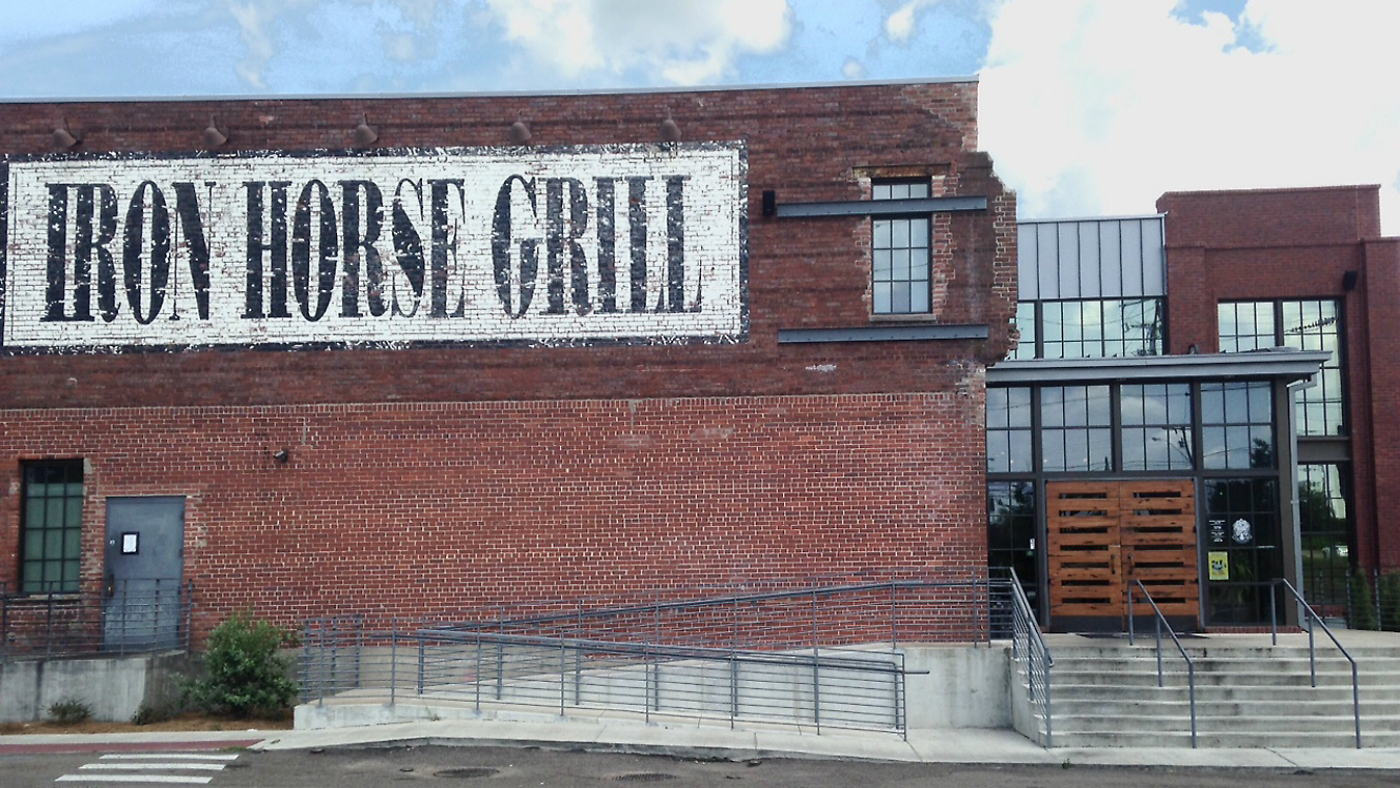
Here, it’s a traditional bluesy supper of catfish, cornbread, pulled meat (lots of), and grits (not for me), served on tables next to the stage. It's not the best food in Jackson - for that, head to Bully’s, a no frills shed serving everyone from the mayor to the homeless, and ask for the meatloaf - but it has a ZZ Top-looking band playing Santana covers and it’s fun. When people have finished eating, they remove the tables and the party really starts. Or so I’m told - we don’t hang about. Instead we make our way up the street to Johnny T’s, and going by the cars parked haphazardly around the entrance and as far down the street as you can see, we’re late.
Inside, lobster rolls are served to the sound of Malaco’s back catalogue, but outside on the terrace, we find what we came for. Down home blues, delta blues, swamp blues, dirty blues, you name it, played by a band barely old enough to have left college, but with a skill and feeling far beyond their years. This is where Jackson was the whole time – dancing to Gimme Shelter on the ‘rough’ side of town.
Come midnight, everyone pours out, and those with juice still in the tank, cross the road and head to F. Jones Corner, the establishment credited with rescuing not only Farish Street, but live blues in Jackson. This is a late night blues bar showcasing the best local talent. A metal fence of the sort usually found cordoning festivals makes the outside thoroughly uninviting, but inside it’s a different story. The air is thick with smoke, shrounding a diverse crowd. Over the bar, an artwork reads ‘No Black. No White. Just the Blues.’
The performances are not always polished, but they are certainly entertaining - and that’s exactly how you want the blues to be performed. There’s a sadness to the some of the more dishevelled acts themselves, but there is hope in the music. Life is hard in Mississippi, still the poorest state in the United States, and as long as this is true, the blues will thrive here. It has to.
The next day we visit the new Museum of Mississippi History, and the Mississippi Civil Rights Museum. We should have come here first. It’s a raw and vital journey through some of the saddest scenes in human history.
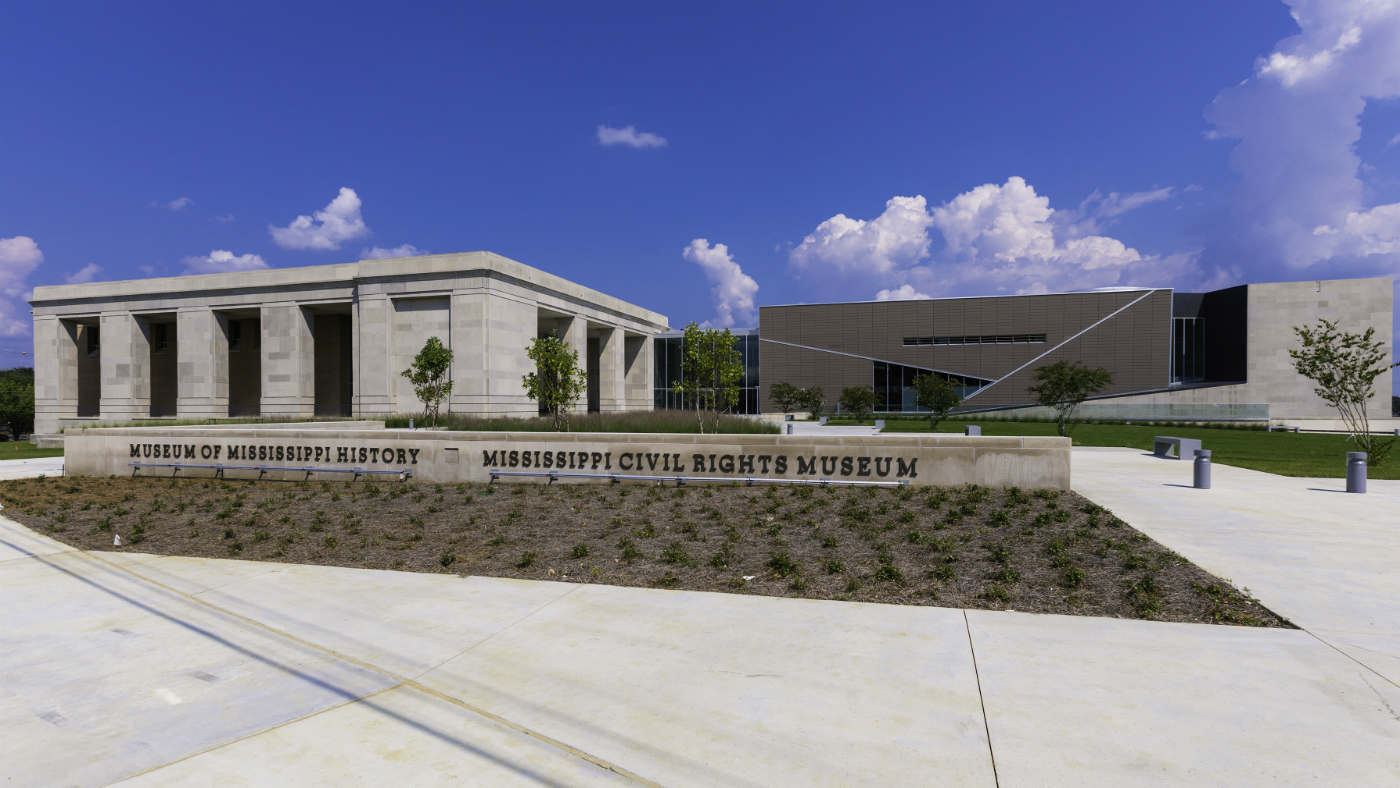
One information board is headlined: Valuable “Property”: A slave sold at about 10,000 times the price of a pound of cotton. In 1830, cotton traded at around nine cents a pound.
A hundred years later, the levee breaks, displacing over 200,000 African American Mississippians; 14-year-old Emmett Till is violently murdered, his killers acquitted. The hurt runs longer and deeper than we care to remember, and the museums are a poignant reminder: this is the blues, and Jackson was at the heart of it. There can’t be many cities on Earth that have witnessed more heartache.
I leave with a lump in my throat. How could you not?
For more information please visit visittheusa.co.uk/music and visitjackson.com
-
 What to know before filing your own taxes for the first time
What to know before filing your own taxes for the first timethe explainer Tackle this financial milestone with confidence
-
 The biggest box office flops of the 21st century
The biggest box office flops of the 21st centuryin depth Unnecessary remakes and turgid, expensive CGI-fests highlight this list of these most notorious box-office losers
-
 The 10 most infamous abductions in modern history
The 10 most infamous abductions in modern historyin depth The taking of Savannah Guthrie’s mother, Nancy, is the latest in a long string of high-profile kidnappings
-
 Friendship: 'bromance' comedy starring Paul Rudd and Tim Robinson
Friendship: 'bromance' comedy starring Paul Rudd and Tim RobinsonThe Week Recommends 'Lampooning and embracing' middle-aged male loneliness, this film is 'enjoyable and funny'
-
 Feel the groove with these music-centric getaways across the globe
Feel the groove with these music-centric getaways across the globeLet the rhythm move you
-
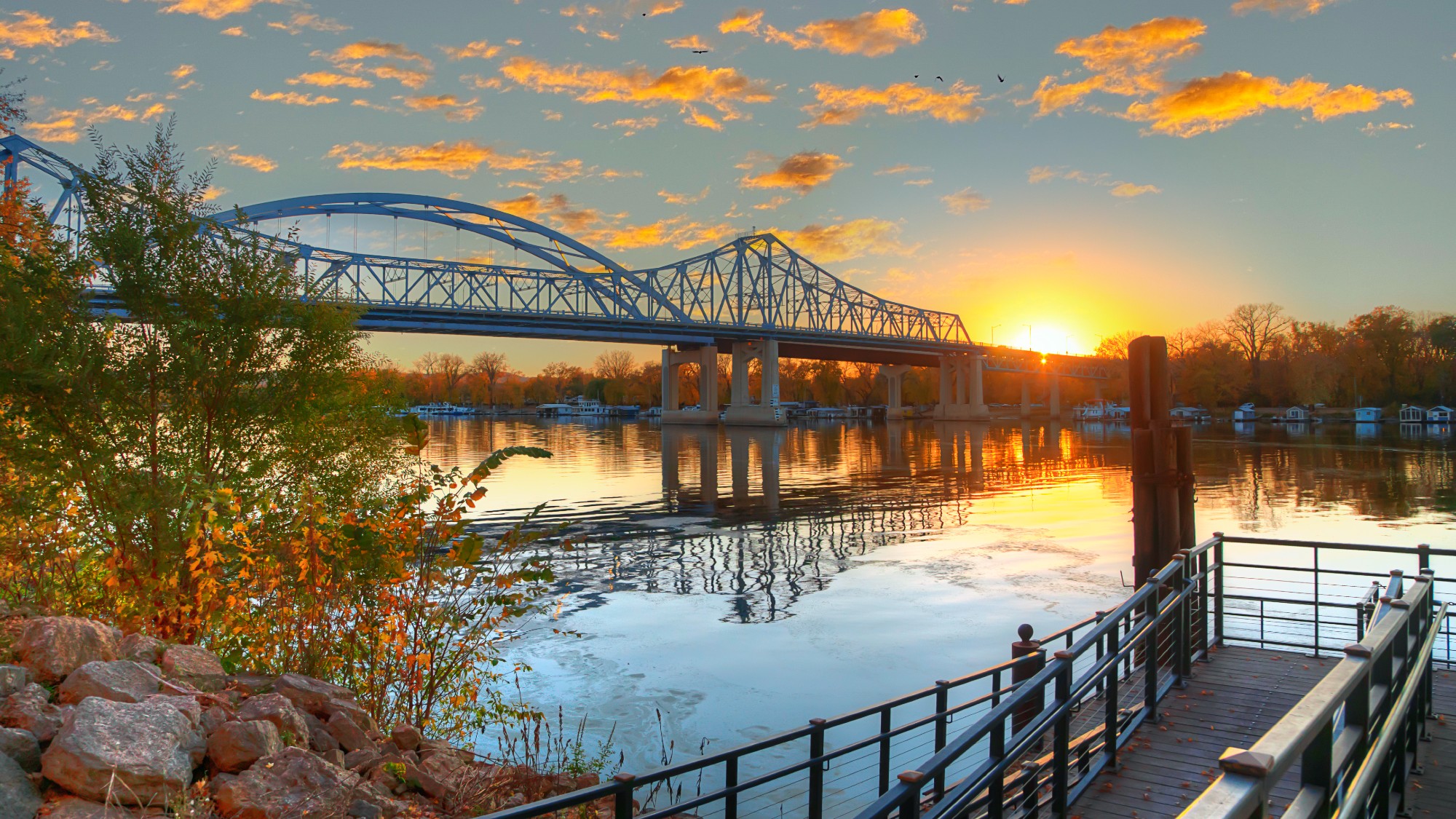 How to plan a (road) trip along the Mississippi River where the water isn't the only star
How to plan a (road) trip along the Mississippi River where the water isn't the only starThe Week Recommends See this vital waterway from the Great River Road
-
 One great cookbook: 'I Am From Here' by Vishwesh Bhatt
One great cookbook: 'I Am From Here' by Vishwesh BhattThe Week Recommends Where India meets the American South meets I-want-to-cook-it-all
-
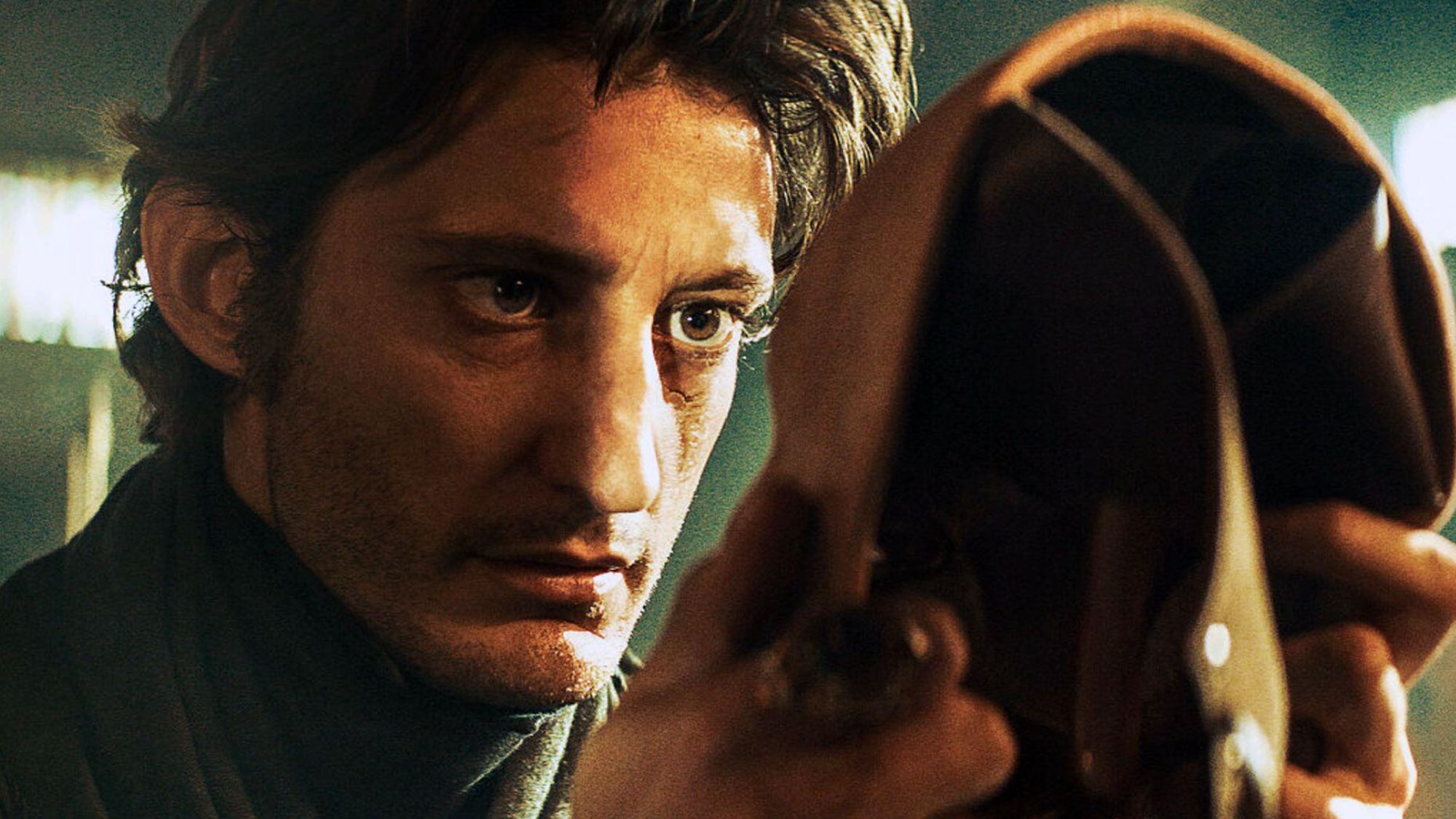 The Count of Monte Cristo review: 'indecently spectacular' adaptation
The Count of Monte Cristo review: 'indecently spectacular' adaptationThe Week Recommends Dumas's classic 19th-century novel is once again given new life in this 'fast-moving' film
-
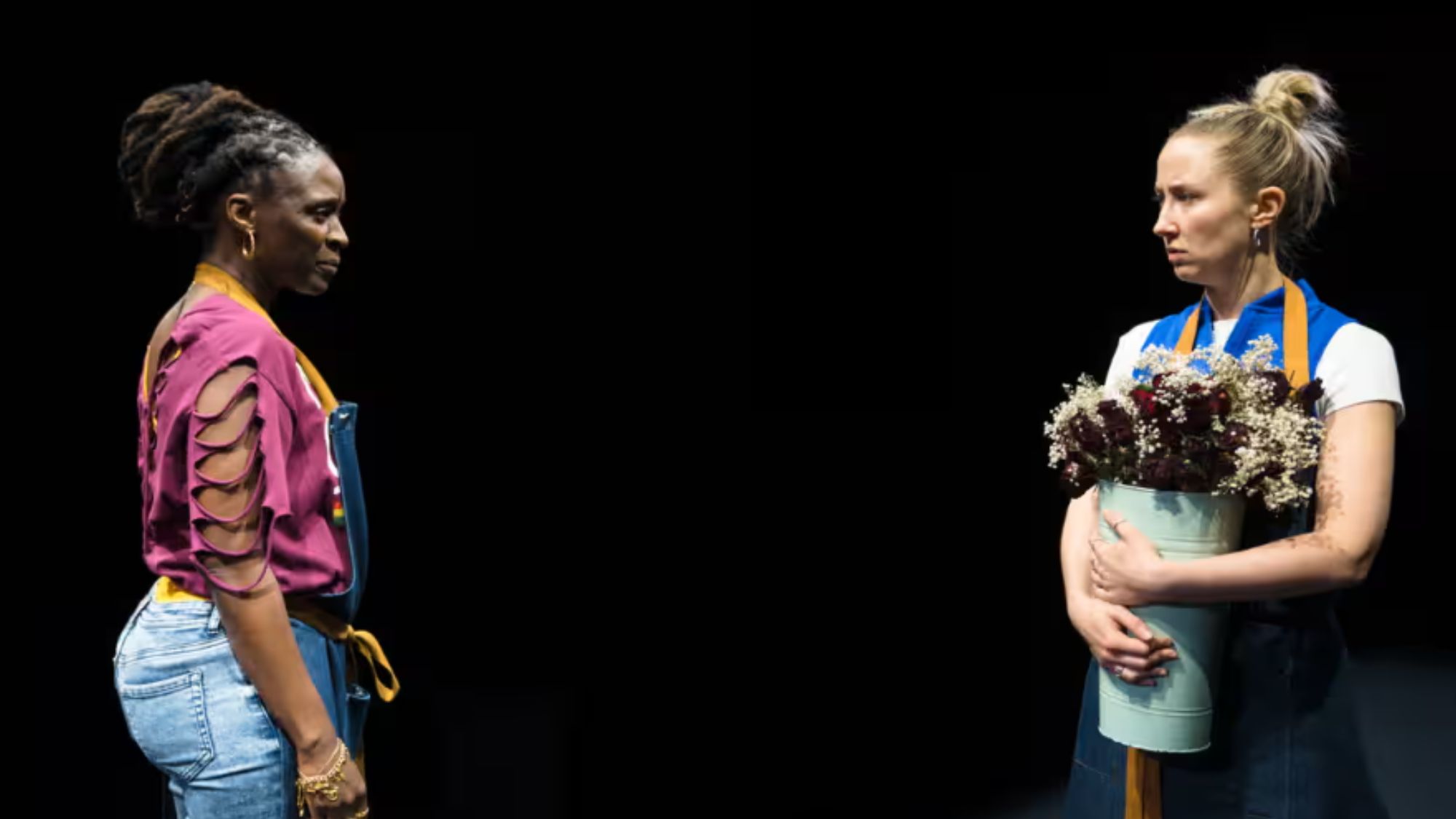 Death of England: Closing Time review – 'bold, brash reflection on racism'
Death of England: Closing Time review – 'bold, brash reflection on racism'The Week Recommends The final part of this trilogy deftly explores rising political tensions across the country
-
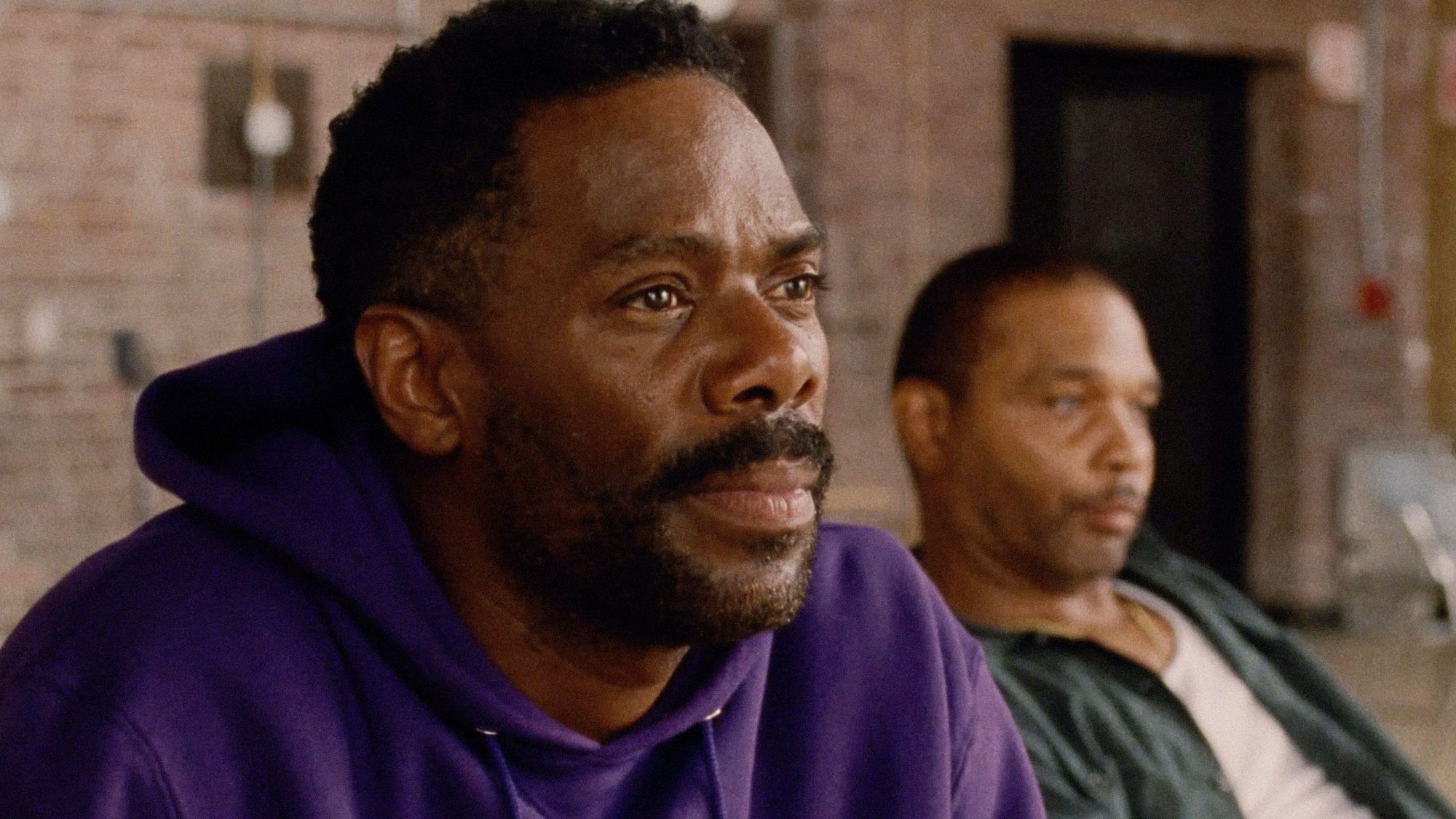 Sing Sing review: prison drama bursts with 'charm, energy and optimism'
Sing Sing review: prison drama bursts with 'charm, energy and optimism'The Week Recommends Colman Domingo plays a real-life prisoner in a performance likely to be an Oscars shoo-in
-
 Kaos review: comic retelling of Greek mythology starring Jeff Goldblum
Kaos review: comic retelling of Greek mythology starring Jeff GoldblumThe Week Recommends The new series captures audiences as it 'never takes itself too seriously'